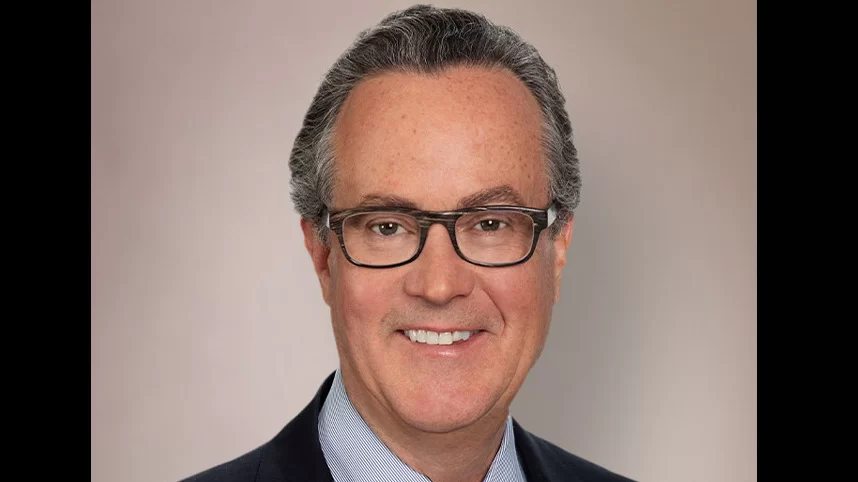The United Nations' recently launched net-zero insurance initiative is more resistant to antitrust attacks than its predecessor, the Net-Zero Insurance Alliance (NZIA), according to Butch Bacani, chairman of the new initiative. The UN disbanded the NZIA on April 25 due to allegations of antitrust violations and replaced it with the Forum for Insurance Transition to Net Zero (FIT). Bacani, who also oversees insurance for the UN Environment Programme Finance initiative, serves as chair.
Bacani clarified in an interview that while the NZIA was compliant with antitrust rules, its design had been considered in the creation of FIT. He attributed FIT's diverse participant base and UN chairmanship as key factors in making it a safer platform for collaboration on net-zero initiatives.
In contrast to NZIA's membership consisting solely of insurers and reinsurers, FIT includes 19 insurance industry participants along with two consultative groups comprised of global regulators and representatives from science, research, and civil society. The forum also has six legal advisers.
Bacani described FIT as a completely new structure with a broader mandate aimed at accelerating action on net-zero within the insurance industry. Unlike NZIA which focused primarily on reducing greenhouse gas emissions in underwriting portfolios, FIT has outlined four initial priorities. These include developing frameworks for net-zero insurance metrics and voluntary targets; creating a transition plan framework for market participants; engaging with different sectors on their net-zero transition plans; and addressing challenges to develop supportive insurance solutions.
FIT will also explore areas beyond property and casualty underwriting such as claims management, life and health underwriting, and broker roles in achieving net-zero goals. Bacani stated that shifting from self-regulation towards soft regulation would involve closer collaboration with external standards setters like the Science Based Targets initiative.
This new approach has been well-received by Insure Our Future, a collective of climate activist groups urging the industry to stop insuring fossil fuel production. They expressed optimism about the inclusion of regulators, supervisory authorities, and civil society actors in FIT, emphasizing the need for a science-based approach centered on action.
While FIT's participant list includes several large insurers like Aviva PLC, Assicurazioni Generali SpA, and Insurance Australia Group Ltd., it does not include global powerhouses that left NZIA such as Munich Re, Swiss Re AG, Axa, Allianz SE and Zurich Insurance Group AG. Bacani stated that all organizations worldwide are welcome to join.
FIT's immediate priority is developing a transition plan framework to anchor strategies and activities at the organizational level on net-zero. The ultimate goal is to integrate net-zero insurance thinking and practices into everyday decision-making.

